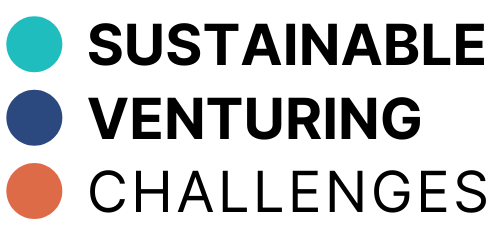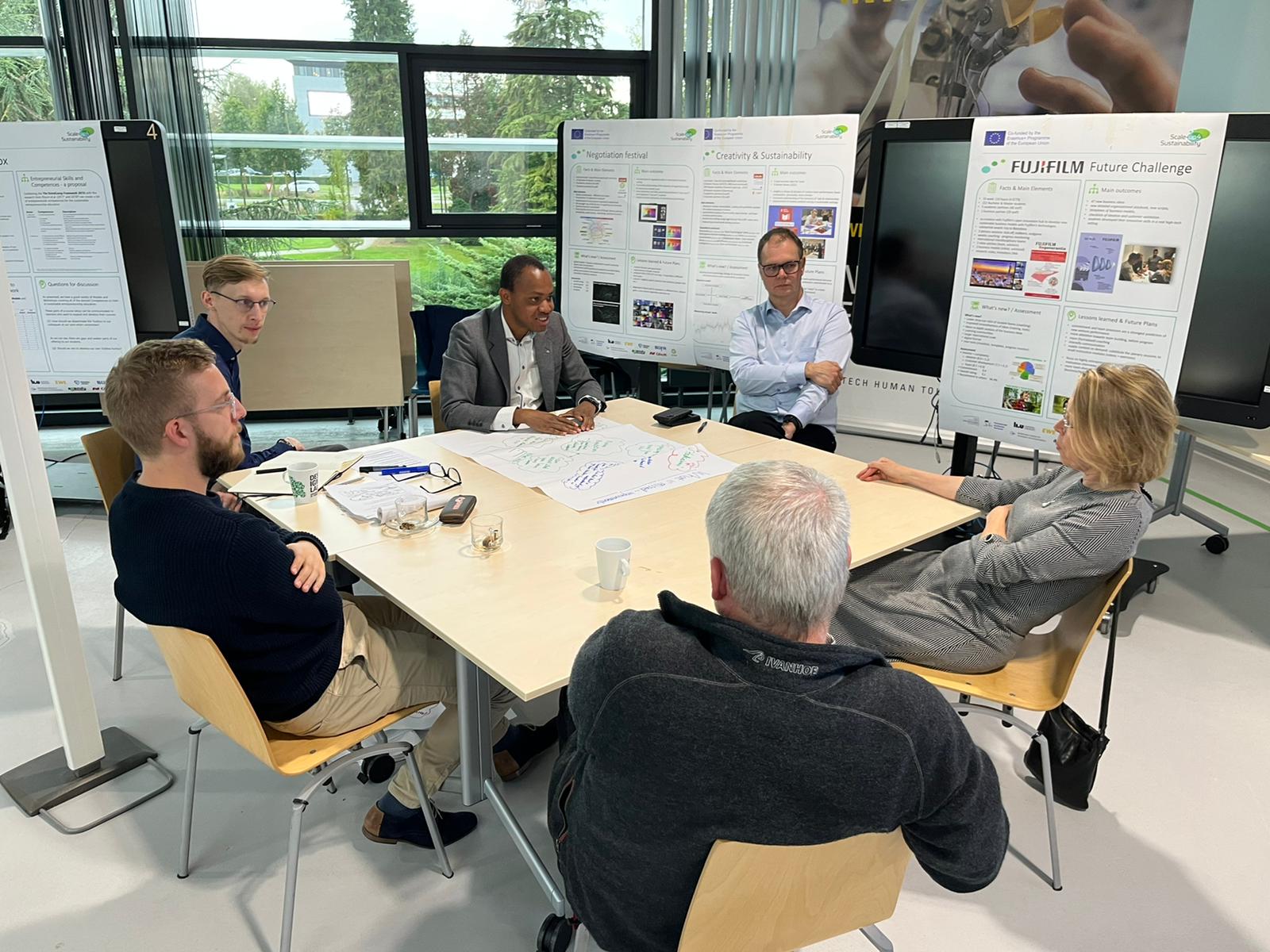“We give students the opportunity to solve challenges and develop skills of relevance for their future employers”: Dr Wisdom Kanda, Linköping University
Why did you decide to include challenge-based learning in your curriculum?
Dr Wisdom Kanda: It is increasingly important for students to develop the skills needed for solving real-world problems and not just grades. By including challenged-based learning in our curriculum, we give students the opportunity to solve challenges and develop skills of relevance for their future employers.
What has your experience been?
Dr Wisdom Kanda: My experience has been that both students and companies enjoy this interaction. More so, as sustainability-related challenges are becoming more important, students see this as an opportunity to find future employers while companies also use this opportunity to find new ideas and showcase themselves as attractive future employers. Thus, it is fantastic for me as a facilitator to bring students and companies together.
As academic staff, what exactly is your role during the challenges?
Dr Wisdom Kanda: I have had different roles during the challenges: from recruiting students to coaching student teams and voting for various student ideas as a jury member.
How do you facilitate your students’ learning and development processes during challenges?
Dr Wisdom Kanda: I facilitated their learning by assisting them to focus and narrow down from a broad set of possibilities. I did this by asking students questions and giving them the opportunity and tools to think. When you as a facilitator ask the “right” questions, the students can always make progress.
In your view, what are the advantages (and disadvantages, if any) of taking up challenge-based learning formats in comparison to research-, problem- or project-based learning?
Dr Wisdom Kanda: It takes time and effort to bring a team of students, companies, and facilitators together to co-develop ideas and work on a good challenge in a module.
“The collaboration between universities and companies is particularly important for the future with regards to accelerating the transition to a circular economy and achieving the UN SDGs.” – Dr Wisdom Kanda
How to best ensure successful university-business collaboration in sustainable venturing challenges?
Dr Wisdom Kanda: By aligning expectations between students and industry representatives, for example in terms of the outcomes of challenges, the quality of outcomes, and the uptake of solutions. This ensures that either party is not disappointed.
How relevant for the future is challenge-based learning and cooperation between universities and companies, in your opinion?
Dr Wisdom Kanda: The collaboration between universities and companies is particularly important for the future with regards to accelerating the transition to a circular economy and achieving the UN SDGs. Companies and their support actors in industry are often generalist with regards to circular economy and the UN SDGs. This is where the university can come in and provide specific competence on such topics, for instance through formats such as challenges, to help companies advance their efforts.
Would you recommend other university staff to take up challenge-based learning into their curricula, and if so, why?
Dr Wisdom Kanda: Yes, I recommend university staff to take up challenge-based learning as an important extension to their teaching and research. Through challenge-based learning, university staff can have a direct impact on students and companies.

powered by ScaleUp4Sustainability
Carl von Ossietzky University of Oldenburg
Department of Business Administration, Economics and Law
Adj. Prof. Innovation Management and Sustainability
Ammerländer Heerstr. 114-118, 26129 Oldenburg, Germany
Legal notice and data protection

The platform was created as part of the ScaleUp4Sustainability project. ScaleUp4Sustainability (Project Reference: 601150-EPP-1-2018-1-DE-EPPKA2-KA) is funded by the Erasmus+/Knowledge Alliance Programme of the European Union.


